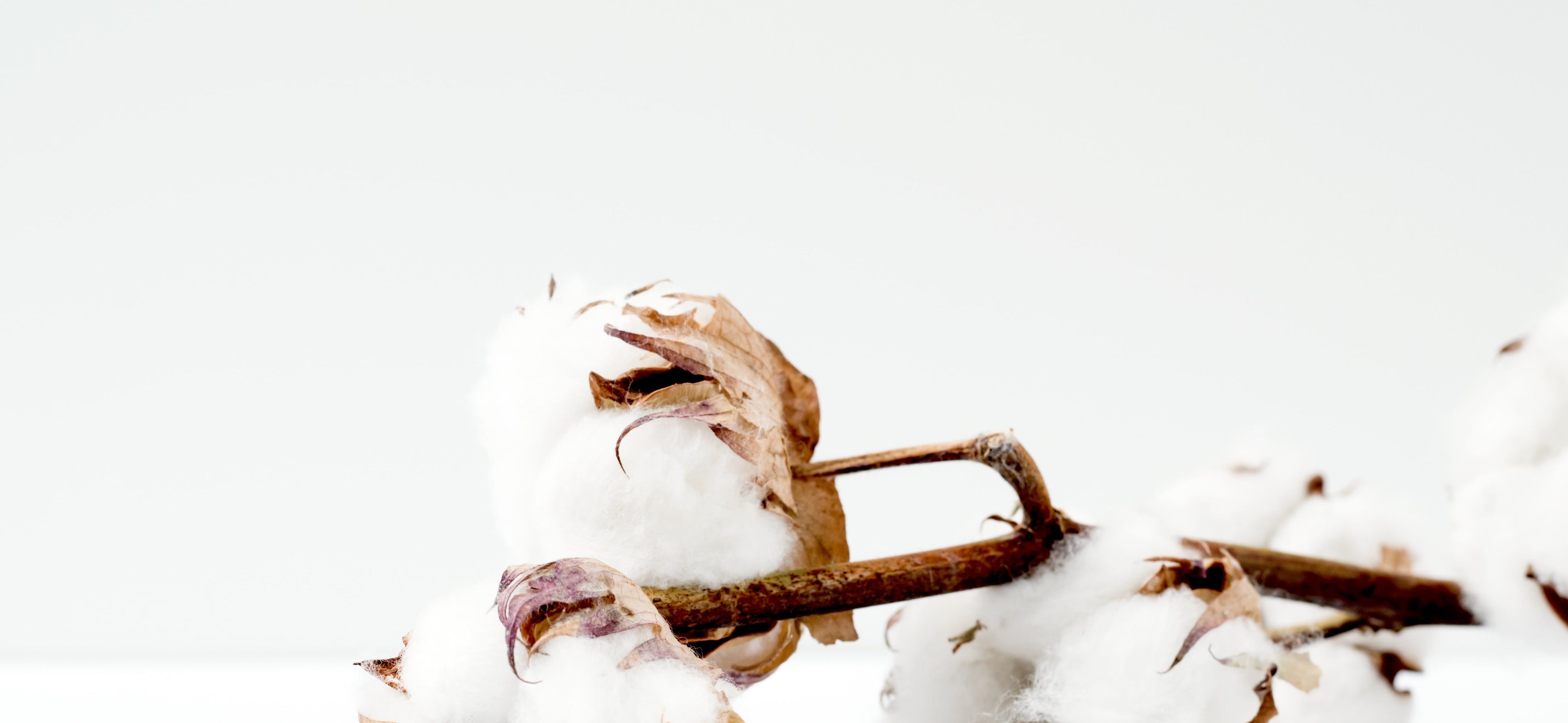Why Organic?

How often do you use your towels? Once a day? Twice? Three times or more? When you use something daily, it’s worth investing in a solid product created using materials that won’t harm your health. After all, something that is constantly touching your skin has the ability to affect your overall well-being, whether it’s ten years from now or immediately.
Can towels really be that dangerous? The answer is yes!
Especially when soaking in warm water and nearby steam, our pores open and become susceptible to surrounding particles. These particles include small traces of the chemicals used to produce the synthetic dyes often found in department store towels. Such synthetic dyes are also created using microplastics which have fibers that detach easily and are unsafe for both humans and the environment alike.
Chemicals used during the synthetic creation process include, but are not limited to: Aniline, the basis for a popular and toxic group of dyes known as Azo dyes. It also includes toxic heavy metals and Dioxin, which are both known carcinogens. Dioxin is also known as a possible hormone disruptor, which is especially hazardous for small children that are still in their growing stages. And lastly, but not least, formaldehyde, a suspected carcinogen.
So what makes our organic cotton superior to your average department store towels? It’s the unique feel and the peace of mind that you get during their use that bring our towels steps above other companies. With no synthetic dyes, bleach, formaldehyde and other toxic chemicals, these towels hold textiles to a standard which competitors just can’t compete with.
Does organic cotton last longer?

Yes, organic does last longer! During the production process of those that use synthetic dyes and chemicals, the threads are often damaged and lose some of their durability. Moreover, the growing process, when combined with pesticides and other chemicals, can also strip the cotton material of its natural ability to maintain the same quality over time. Going organic is the best option for when you’re looking for longevity in a product, so don’t be fooled by those inexpensive department store towels. Purchasing more of those over time will quickly add up to the cost of our organic and skin safe alternatives.
Are there microplastics in my towels?
How do these affect humans?
In your average department store towels, microplastics are a staple. These synthetic towels are made from hazardous microplastics that detach easily from their products. But where do these detached particles go? They go down the drain or absorb into your skin. Especially when heat and steam are applied, as mentioned earlier, human pores widen. During that time, they are more susceptible to products such as towels used to dry off and or robes worn.
Although the fibres and micro particles on these products can’t be seen with the human eye, prolonged and or continuous contact with one’s skin can lead to toxic chemical absorption. Overall exposure to these microplastics and their chemical components should be avoided and here at Grund, we want to prevent exposure entirely by only selling organic products.
How do these microplastics affect animals?
The majority of these microplastics go down the drain when products are washed. Because the particles are so small, they are able to evade filters and therefore reach waterways that both animals and humans alike rely on. Then a cycle has begun where the water is brought into our faucets at home and consumed, therefore placing these harmful particles directly into our bodies.
How do I know if my products have chemicals in them?
We can’t say for sure without knowing the background of your exact product, but products produced with a synthetic process contain both harmful and toxic chemicals. Although we cannot speak for any products other than our own, organic products typically are created without these unnecessary chemicals. At Grund we can guarantee this from our bath rugs to our towels and much more!
0 comments




